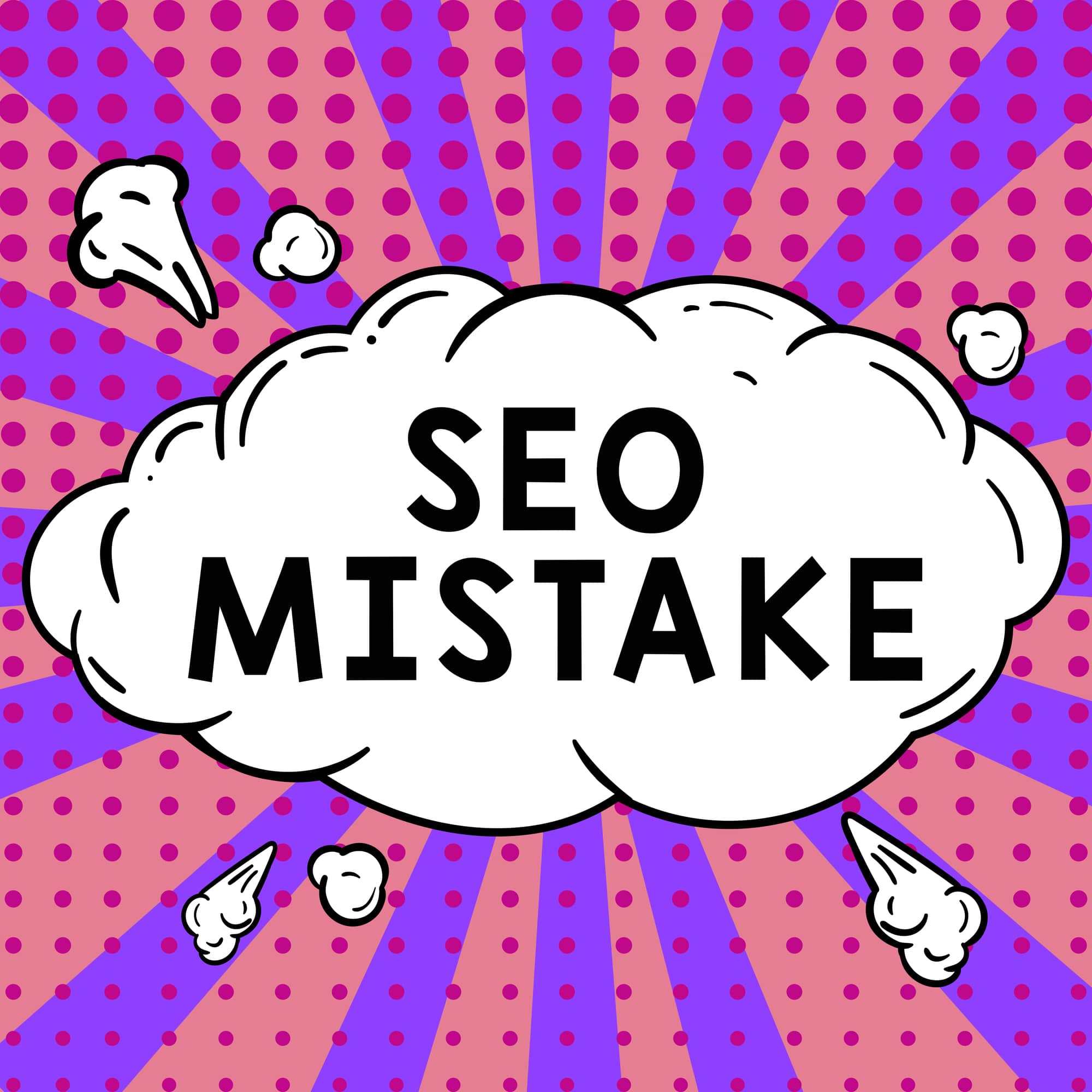 You may be a busy small business owner who has a website, and you understand that content is important, but you just aren’t sure how to proceed because you simply don’t have the time. Your business isn’t big enough to have a full-time content manager, although there are a couple of people on staff who can write pretty well. Deciding how much of their time you’re going to devote to writing can be a challenging issue small business owners face, and they may feel they need to choose between quality and quantity.
You may be a busy small business owner who has a website, and you understand that content is important, but you just aren’t sure how to proceed because you simply don’t have the time. Your business isn’t big enough to have a full-time content manager, although there are a couple of people on staff who can write pretty well. Deciding how much of their time you’re going to devote to writing can be a challenging issue small business owners face, and they may feel they need to choose between quality and quantity.
Short-Form Content or Long-Form Content?
It’s the age-old content debate—or at least as “age-old” as anything related to the Worldwide Web can be. Do you churn out a load of short blog posts that give your website the feel of action and keep visitors coming back? Or do you produce that one really good piece of long-form content that you envision as the gold standard in your field?
A recent study done by HubSpot and cited by Neil Patel provides us a head start on this question. The HubSpot study found that websites that produce a large volume of short blog posts get more traffic. The same study found that organic search results tend to feature longer posts.
You might be thinking that answers your question—after all, you’re not an online publisher of news and you don’t generate revenue by pay-per-click ads, so you settle on quality over quantity as the answer. But not so fast—Google’s search engine algorithms reward websites that frequently post new content, seeing it as an indicator of how valuable the material is likely to be for searchers.
Consequently, the long-form articles that are getting to the top of search results only get there if you post a lot of subordinate pieces of smaller content to boost your domain authority.
It’s also very difficult for someone on your staff to produce a quality piece of content if you only ask them to write every six months. Content creation—everything from the writing to any graphics that may be produced with it—is like any other task. It gets better with repetition, as the person gradually improves and you’re able to monitor how the marketplace responds to the content.
There’s probably no other job in your business that you would deliberately have someone take on just occasionally and out of the blue. It’s not a formula for success for anything.
The good news is that a quality piece of content does not necessarily have to be long. It needs to be valuable to your audience. Talk to your customer service people about the most frequently asked questions and write a concise list of bulleted answers. That’s valuable and if you have a WordPress website and use Structured Data, you might even get your page featured in Google’s Answer Box in response to a search query.
How Many Keywords Per Article?
While keywords are important they don’t win business on their own. Let’s say an article that is stuffed with keywords manages to get a few clicks. Once a visitor begins to read the post and realizes it is of poor quality, they will quickly bounce. This can be very detrimental, as there is definitely a relationship between bounce rate and rankings. In addition, Google penalizes sites that overdo it with keyword density. Even using keywords in an awkward or forced manner may hurt your site’s rankings.
Google claims that bounce rate is not a part of its core search algorithm, but we see time and time again that sites with good engagement are rewarded. There are several key performance indicators (KPIs) that you might consider tracking in order to measure customer engagement. When thinking about keywords, always remember that a search engine’s goal is to feature the most relevant and highest quality content for the search query.
How Many Blog Posts Per Week?
You may also be wondering how often you need to post to see gains from your content marketing efforts. Some companies outsource their blog to content generation mills that churn out a lot of mediocre content at a very fast pace. These companies mistakenly believe that quantity alone is the key to increasing rankings and attracting new visitors.
At periscopeUP, we firmly believe that less is more. First, content that is very middle-of-the-road can reflect poorly on a company’s brand. Second, the Internet is overpopulated with fluff and filler. Some say that only the top 1% (or less) in quality will survive. Bottom line – you should publish a blog post as often as you have something valuable to say. That’s it.
Some brands have tons of value to offer every day. Others not so often, but when they speak, it counts. Sure, it’s best to get something posted at least 1-2 times per week. Still, if you just slap it up there to get the job done, you are missing the point. Instead, be strategic about the content you create and share. Make content creation a part of your business culture. Instruct employees—whether on the phone or in the field or making sales calls—to really listen to customers and prospects. Find out what they’re thinking, wondering about and talking about and train your people to be attuned to thinking about how that might translate into web content. That way it’s at the top of their mind and will spill out much easier into the blog posts that will keep your site brimming with genuine quality content.
The key is to make content creation a part of your business culture. Instruct employees—whether on the phone or in the field or making sales calls—to listen to your customers and prospects. Find out what they’re thinking, wondering about and talking about and train your people to be attuned to thinking about how that might translate into web content. That way it’s at the top of their mind and will spill out much easier into the blog posts that will keep your site brimming with genuine quality content.
Need help generating a workable content strategy for your business? Contact Us and get expert advice.







